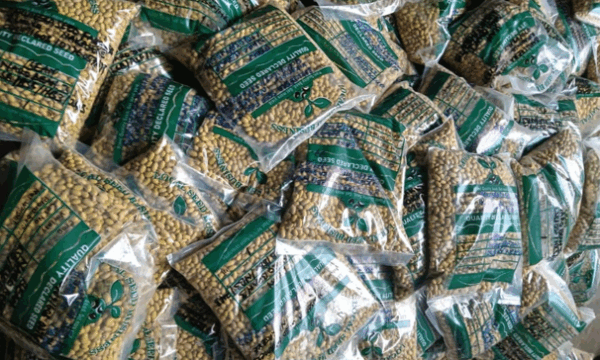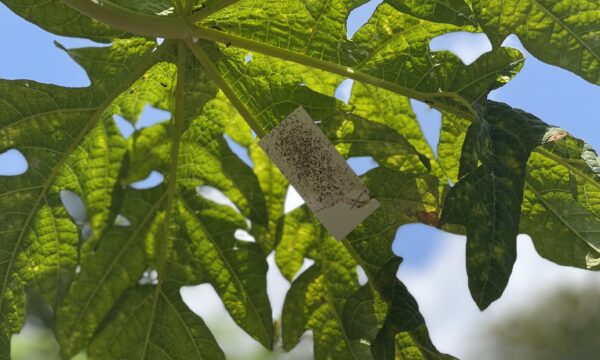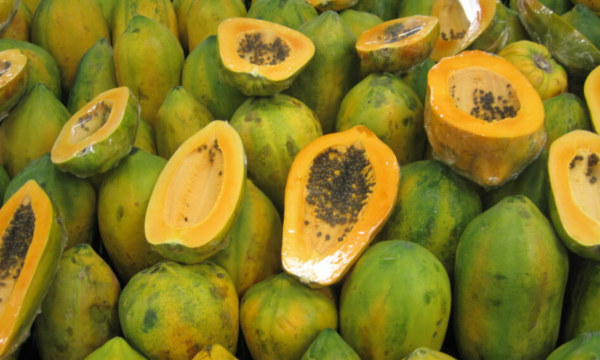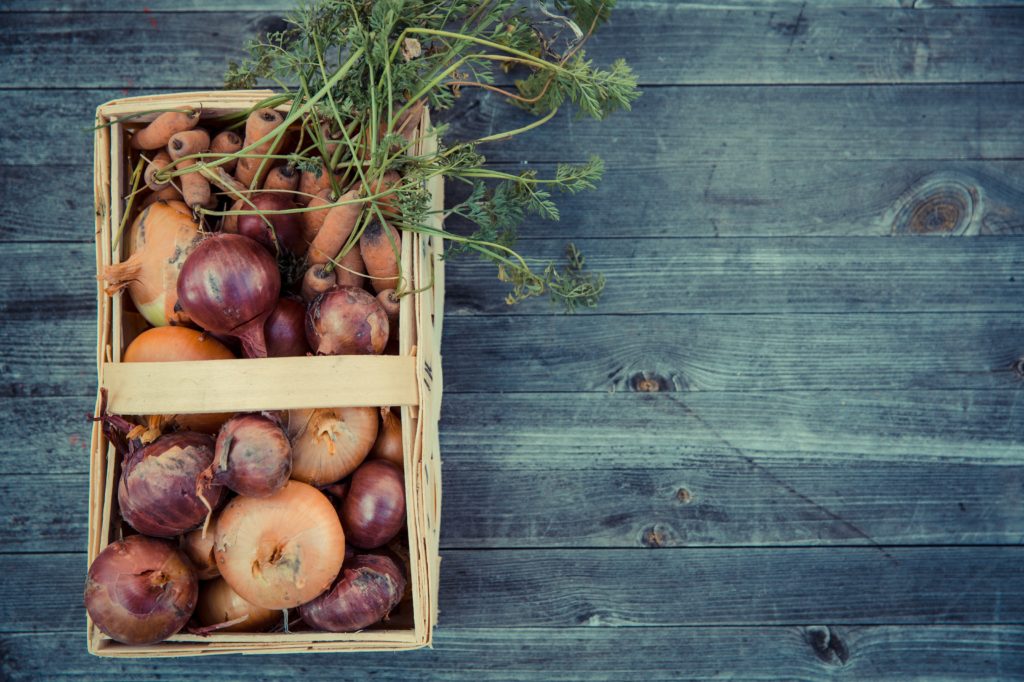
From recent FAO studies, it has been found that over half of the world’s fruit and vegetables are lost due to post-harvest storage losses as a result of pests, diseases and incorrect storage conditions. In a climate where food consumption is at its highest, with many regions of the world suffering from a lack of food, it is ever more important that we tackle these issues threatening food security.
With increasing populations and a need for improved food production, food security threats are becoming more dangerous and wide-spread. On top of the risk of pest and diseases to food production systems, for those crops that are successfully grown and harvested, there is another barrier which needs to be overcome before reaching consumers, and that is the sufficient storage of food goods. In some African countries, post-harvest food wastage can be as high as 40-50%.
A common solution to reducing post-harvest losses is the use of chemicals, with potentially harmful effects on the environment when managed and regulated poorly. Researchers from the Institute of Environmental Biology at TU Graz, in partnership with the Austrian Center of Industrial Biotechnology (ACIB) have tested numerous ecological alternatives to the use of chemicals to improve food storage conditions for fruit and vegetables.
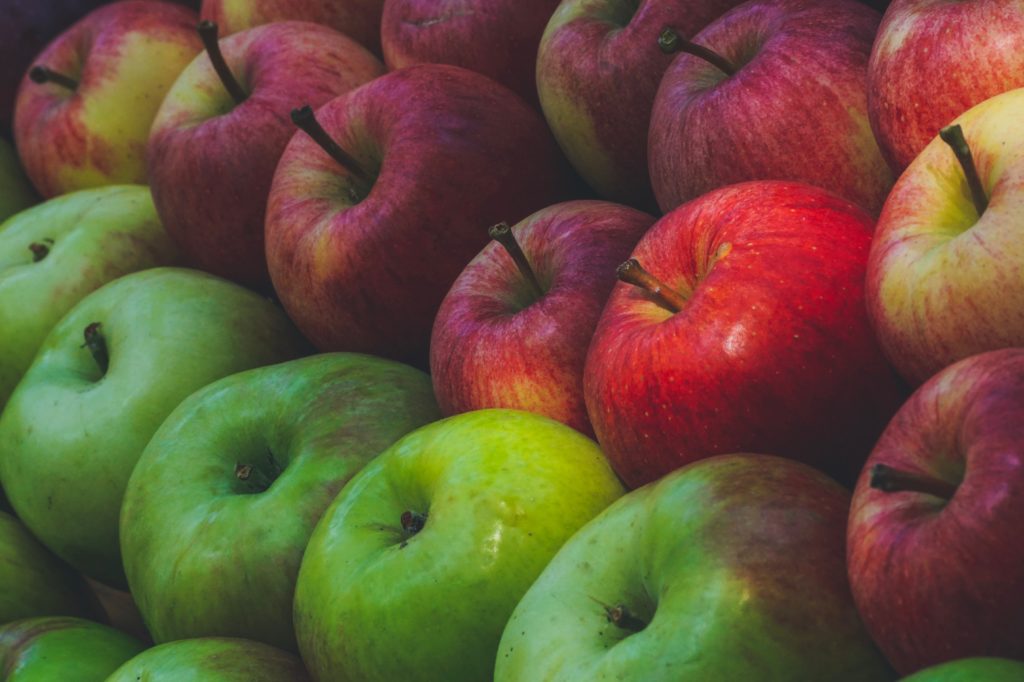
One of the leading methods found in the study was hot water treatments (HWT), a method of preserving foods which is already undertaken throughout the world. HWT has successfully shown to reduce fungal decay on numerous crops. The heat shock created under HWT stimulates the natural defense of many fruits, such as apples, the details of which are yet to be fully understood.
PhD students from the Institure of Environmental Biology undertook a series of laboratory experiments to investigate how we can promote post-harvest storage conditions. By coupling HWT with novel biocontrol agent, fungal outbreaks were shown to be reduced in apple samples by roughly 60%, which was 20% higher than control groups using just one of the two treatment methods.
“This combined approach is a sustainable and ecologically sound way to reduce apple blight. On the basis of this method, we can optimize apple storage together with industrial project partners,” said Gabriele Berg, a PhD student involved in the study from the Institute of Environmental Biology.
If you would like to read more on this subject, please see the links below:
Heat treatments for improved postharvest quality of horticultural crops.
Related News & Blogs
The role of soil health in sustainable agriculture
Previously, we have discussed the importance of soil health for agriculture, highlighting its threats and outlining protection strategies. In this blog, we dig deeper into the role of soil health in sustainable agriculture and explore its long-term ben…
18 June 2025

